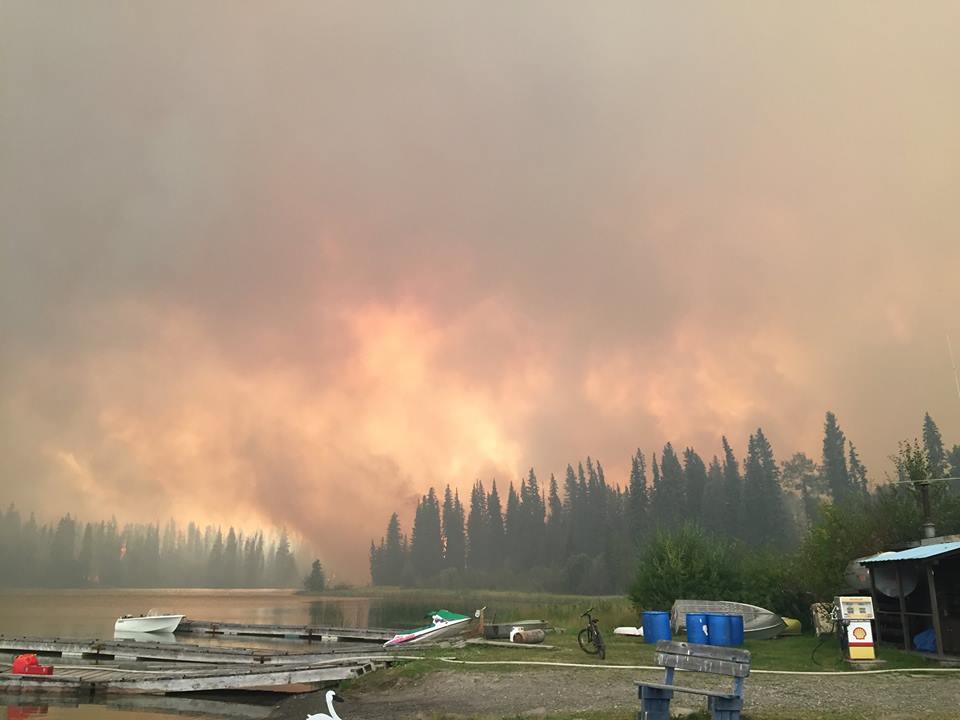One of the lessons of the record-setting 2017 wildfire season in British Columbia is that more needs to be done to prevent future fires, the heads of a review for the provincial government found.
“We will spend less if you look at the preventive pieces first,” said Maureen Chapman, a hereditary chief of the Skahahlook First Nation and a co-chair of the B.C. Flood and Wildfire Review.
It’s advice the government has received before, including in a report by former Manitoba Premier Gary Filmon on the 2003 fires in the Okanagan that recommended doing more to reduce risks in places where wildlands border cities, but failed to act on.
“Across time we have seen a growing gap between expenditures for response and expenditures for prevention,” said George Abbott, a former BC Liberal cabinet minister who co-chaired the 2017 review.
The government is required to spend money responding whenever there is a fire, but it should make timely and effective investments in prevention as well, he said. “We need to spend wisely on prevention in hopes the amounts we spend on response down the line will be hopefully reduced.”
The 2017 fires burned more than 1.2 million hectares, an area twice as large as the province of Prince Edward Island. They displaced 65,000 people from their homes and cost $568 million to fight.
With climate change, the threat of fires will likely continue to increase, Abbott said. “I think it will be an extraordinarily poor bet, for government or anyone else, to think that what we saw in 2017 in terms of wildfire is not going to be seen again. It would be a very poor bet indeed.”
The problem is complex, and the solutions will also be complex, Abbott said. “I hope what we have offered government is kind of a constructive roadmap for the future.”
The 148-page report includes 108 recommendations, many of which involve working in partnership with First Nations and communities. As Chapman put it, “It’s not up to government to fix this. It’s not up to other people. It’s up to all of us and we need to do this together.”
The provincial government has already implemented 19 of the recommendations and has budgeted $50 million over the next three years on wildfire prevention and risk reduction near communities, said Doug Donaldson, the minister of forests, lands, natural resource operations and rural development.
“We’ve already taken action to ensure we’re better prepared this year,” Donaldson said.
The review reported some dismay in communities that more hadn’t been done to reduce the risk since 2003, he said. “There’s definitely gaps that occurred,” he said. “I think the primary take away from that is [the need for] a multi-year, multi-pronged approach rather than what happened after Filmon, which was basically left up to one ministry in isolation.”
The government is developing a plan to address all 108 recommendations and it will be completed by Oct. 31, Donaldson said. ![]()
Read more: Environment
















Tyee Commenting Guidelines
Comments that violate guidelines risk being deleted, and violations may result in a temporary or permanent user ban. Maintain the spirit of good conversation to stay in the discussion.
*Please note The Tyee is not a forum for spreading misinformation about COVID-19, denying its existence or minimizing its risk to public health.
Do:
Do not: